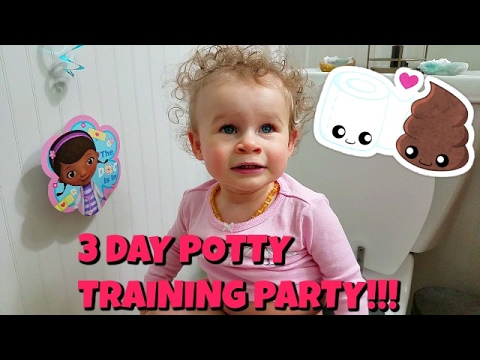Table of Contents
- So, how many accidents are normal a few weeks after potty training?
- You can still expect about one or two accidents a day, even weeks after you’ve started potty training
Then, How do you know when potty training isn’t working? Potty training problems
- My child doesn’t want to use the potty
- My child won’t stay sitting on the potty
- My child keeps wetting themselves
- My child uses the potty sometimes, but has accidents other times
- My child was dry for a while, but they have started wetting themselves again
Do pull ups hinder potty training? Many professionals recommend skipping pull-ups for daytime potty training Instead, go straight to underwear so your baby understands how it feels when they pee Pull-ups have similar absorbency to diapers, so it may confuse your child to have pull-ups on during potty training
in the same way, What should you not do when potty training? Below are some of the most common well-intentioned but ultimately counterproductive traps to steer clear of while potty training your child
- Don’t Force the Issue
- Don’t Start Potty Training During a Time of Stress
- Don’t Set Deadlines
- Don’t Treat Accidents Like a Big Deal
- Don’t Use Clothes That Are Difficult to Manage
How long does potty training actually take? Most children complete potty training by 36 months The average length it takes toddlers to learn the process is about six months Girls learn faster, usually completing toilet training two to three months before boys do
How long does it realistically take to potty train?
Most children complete potty training by 36 months The average length it takes toddlers to learn the process is about six months Girls learn faster, usually completing toilet training two to three months before boys do
When should you call it quits with potty training?
If you are frustrated that your child is not making progress with potty training, most experts agree that you should take a break and stop toilet training for a time This will relieve the pressure on a stubborn child or one who isn’t ready yet
What happens when a 3 day potty training doesn’t work?
Potty Training Tips for When Things Aren’t Going Well
- Look at your behavior and try to reduce the stress you’re showing as a parent
- Try incentives that kids can work toward
- Look at where toilet training is happening
- Avoid language that blames a child
- Take a few months off and try again
How many accidents are normal first day of potty training?
Regardless of the potty training method you choose, you’re more than likely going to see the most daytime accidents in the early stages of potty training With my kids, I would see anywhere from six to 10 accidents on the first day, dwindling down to about three to five the next subsequent days
How long should you potty train before giving up?
Most children will continue to need assistance wiping after bowel movements and using unfamiliar restrooms until they are around 4-6 years old Potty training schedules can vary greatly from child to child The average length of time is generally about 3 months, with girls generally learning a little faster than boys
How often should you put toddler on potty?
Set a timer Once you take off the diaper, set a timer and plan to take your child to the bathroom every 20 or 30 minutes One of the main causes of potty training accidents is because the child is having too much fun or is too engrossed in play to listen to their body and make it to the bathroom in time
Do you use pull ups for potty training?
Pull-ups are a part of potty training, which often begins around age three, depending on the child Many professionals recommend skipping pull-ups for daytime potty training Instead, go straight to underwear so your baby understands how it feels when they pee
How long does potty training take on average?
Most children complete potty training by 36 months The average length it takes toddlers to learn the process is about six months Girls learn faster, usually completing toilet training two to three months before boys do
Do Pull Ups delay potty training?
Many professionals recommend skipping pull-ups for daytime potty training Instead, go straight to underwear so your baby understands how it feels when they pee Pull-ups have similar absorbency to diapers, so it may confuse your child to have pull-ups on during potty training
How long after a toddler drinks do they pee?
Most children urinate within an hour after having a large drink Use these times to watch for signals that your child needs to urinate or have a bowel movement In addition, place your child on the potty at regular intervals This may be as often as every 11⁄2 to 2 hours
How often should I sit my toddler on the potty?
Once you take off the diaper, set a timer and plan to take your child to the bathroom every 20 or 30 minutes One of the main causes of potty training accidents is because the child is having too much fun or is too engrossed in play to listen to their body and make it to the bathroom in time
How many days should potty training take?
It often takes between 3 and 6 months, but can take more or less time for some children If you start too soon, the process tends to take longer And it can take months to even years to master staying dry at night
Why is potty training taking so long?
Punishment and scolding will often make children feel bad and may make toilet training take longer If a few more weeks go by and your child still isn’t making it to the potty—or has no interest in trying—they may not be ready for potty training







